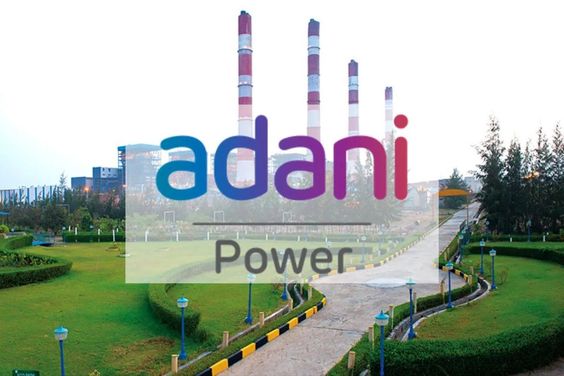
Table of Contents
Adani Power’s Ongoing Payment Dispute with Bangladesh
Introduction
Adani Power is currently dealing with financial issues regarding unpaid dues from Bangladesh, which owes the Indian company over $800 million for electricity supplied. This debt is part of a long-term power purchase agreement (PPA) to supply electricity to the Bangladesh Power Development Board (BPDB) through Adani’s Godda power plant in Jharkhand, India. The financial strain between both parties has led to calls for expedited payment, especially as Bangladesh faces currency reserve issues complicating repayment.
Background on Adani Power’s Agreement with Bangladesh
Power Purchase Agreement Details
In 2017, Adani Power signed a 25-year PPA with BPDB to supply up to 1,496 MW of electricity, representing about 10% of Bangladesh’s peak power demand. This agreement, which involves monthly billing of approximately $90 million to $100 million, provides Adani with a substantial revenue source. However, timely payments are critical for the Indian energy giant’s financial stability.
Reasons for Accumulating Dues
Bangladesh’s current dollar shortage limits its ability to fully meet obligations to Adani Power, with Sonali Bank responsible for managing payments. As reserves tighten, the bank faces challenges in making regular payments, and Adani’s dues have continued to rise. This situation has led to financial strain for both parties, underscoring the economic pressures that affect cross-border energy agreements.
Financial and Operational Implications
Impact on Adani Power
The unpaid dues have placed financial pressure on Adani Power, affecting cash flow and debt repayment. Adani faces demands from lenders who financed the Godda plant, prompting the company to request expedited payment from Bangladesh’s interim government. Securing these dues is essential for Adani to meet its debt obligations and maintain steady financial health.
Bangladesh’s Economic Constraints
Bangladesh’s reserve issues amplify the challenge, with the country struggling to meet foreign currency obligations. The growing debt to Adani reflects broader economic constraints in managing international payments during a period of financial downturn. Authorities are exploring ways to stabilize reserves to continue international commitments effectively.
Assurance of Continued Power Supply
Despite the unpaid bills, Adani Power has committed to an uninterrupted electricity supply to Bangladesh. This commitment underscores Adani’s intent to maintain a stable relationship with BPDB while seeking solutions for timely payments. This decision likely aims to prevent diplomatic or operational disruptions that might result from power supply interruptions.
Possible Resolutions and Future Outlook
A long-term resolution may require negotiation for flexible payment terms or other adjustments to ensure the continuity of the PPA. Bangladesh, as its economy stabilizes, may prioritize debt repayment to retain access to essential international energy resources. For Adani, resolving this issue is vital to its financial standing, particularly as it expands in the South Asian energy market.
Conclusion
This $800 million payment dispute highlights the complexities inherent in international energy agreements, where economic stability, currency reserves, and contractual obligations converge. Adani Power has managed to continue the power supply despite delays in payment, but achieving a sustainable solution will likely require cooperation and possibly new financial terms to address the underlying challenges.
For more information visit : Read more about Adani Power’s financial challenges with Bangladesh
